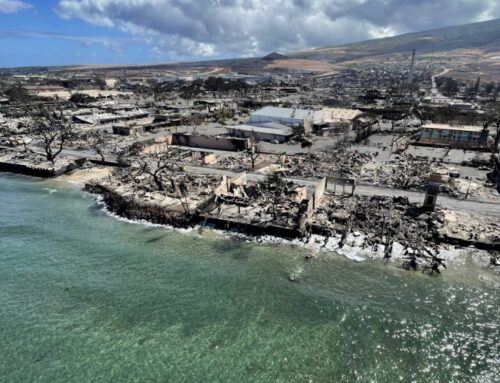High resolution security cameras have become affordable for HOA residents and property managers. Whether it is a doorbell cam to deter porch pirates or an outdoor camera to monitor the perimeter, these devices have become more accessible and easy to manage for the typical homeowner or association.
According to Tinnelly Law, a practice focused on HOAs, surveillance cameras are effective at reducing the number of low-level crimes such as automobile break-ins and burglaries in areas where cameras have been installed.
Deterring crime and enforcing rules are a main objective, but there are other issues that come into play if HOAs or homeowners install security cameras, such as privacy. So before your board decides to install equipment, or make policy on homeowner use of exterior cameras, there are some essential things to consider.
Check guiding documents first
Homeowners or the association planning a security camera installation should first search through the governing documents for any rules or regulations regarding camera use. If community documents do not provide any guidelines, the association might want to creating some, and have it reviewed by an attorney.
Look into Local, State, & Federal Laws
There may be local, state, or federal laws that impact how and where cameras can be installed in a community. The general rule of thumb is maintaining a reasonable expectation of privacy. What this means for your board is that you’ll likely be able to record in public areas, but it’d be unacceptable to point a camera at any indoor or privately-owned spaces.
Craft your policy
Some considerations include where cameras can be placed, how the footage will be stored, and who will be allowed to view it. A community camera policy should also detail how the cameras look and what will be done to protect resident’s privacy. Consider whether to allow owners to install their own cameras with exterior views of their unit, and what rules may apply to those.
Cameras can be an eyesore, or barely noticeable. Plan carefully for your security camera installation and make sure they won’t negatively affect the aesthetics of your neighborhood. Explore products and read independent reviews to determine how durable cameras are to withstand sun, rain and wind exposure, as well as salt air– a prime considerations for Maui.
Usually only the association can place cameras in common areas. Ensure cameras are never pointed into backyards, windows, or other areas that are considered private. Secure saved video files and have clear rules of who can access any files. Also, set standards for how long footage will be stored, and how it will be deleted after an appropriate amount of time. Finally, make a maintenance plan for equipment.
Include a budget plan
There are ongoing costs beyond the purchase of security camera equipment. This includes:
- Video storage
- Maintenance
- Upgrading hardware and software
- Additional cameras for growing communities
Other considerations
Unless written in the governing documents or state legislation, the board isn’t required to install security cameras. If an HOA does decide to install cameras, homeowners should be made aware of the policy. If there is an incident, footage should be retained and not be viewed in private.






